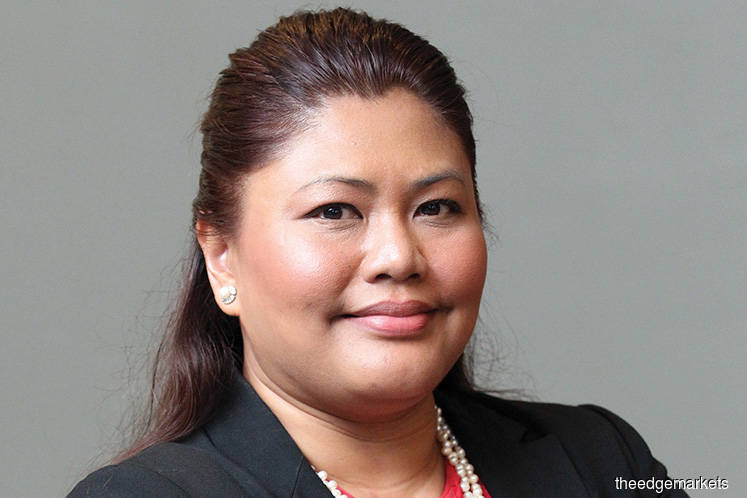This article first appeared in Personal Wealth, The Edge Malaysia Weekly, on October 28, 2019 – November 03, 2019
Article By Khairani Afifi Noordin from The Edge Malaysia for Assidq.com

The young, digitally active Muslim population is calling for more innovation in Islamic finance. This group is more discerning than previous generations and demands full transparency when it comes to what they consume in their daily lives.
This includes financial products and services, says Sedania As Salam Capital CEO Nisa Ismail (picture). “The younger population today wants things to be ethical and halal. And this is not limited to food. They want their financing to be completely free from unethical elements, including riba (usury), gharar (deceit), maysir (gambling) and zulm (immoral practices).”
What the country lacked was a dedicated financial technology (fintech) platform that offered Islamic finance products to meet the needs of this population, says Nisa. To fill this gap, Sedania As Salam Capital (a wholly-owned subsidiary of Sedania Innovator Bhd) launched Assidq.com — Malaysia’s first one-stop, truly halal platform for Islamic finance products.
The platform works with Islamic banks to offer its products to consumers, who are currently able to apply for personal financing and credit cards from seven Islamic banks and a non-bank financial service provider. Its partners include Standard Chartered Saadiq, Alliance Islamic Bank and Agrobank.
Assidq.com processes and vets the applications before providing the pertinent information to the financial institutions. For banks, this means lower operating costs as the applicants have been vetted. For consumers, this means a faster application process and approval, says Nisa.
“After the users have filled in the form on our platform, we will do a test to find out which products they are eligible for. This includes verifying the authenticity of their MyKad, their credit history and debt service coverage ratio. The entire process takes up to half an hour on average, depending on how fast they can provide us with the documents,” she adds.
If the users agree to sign up for a product they have been matched with, Assidq.com will submit their completed form to the bank. Typically, banks take up to two weeks to approve a personal financing application. But with the platform’s vetting process, an application can be approved in less than 24 hours, says Nisa.
Previously, Sedania As Salam Capital only focused on providing financial institutions with a Tawarruq commodity trading system called As-Sidq, which assists them in identifying, marketing and approving Islamic finance products. The system has been adopted by more than 40 financial institutions in the country. The platform, which uses telecommunications airtime credit as a trading commodity, makes the trades more accurate, function in real time and independent of Bursa Malaysia.
So, if a financial institution is also a customer of this back-end system, the approval process will be faster, says Nisa. “As this is done in real time, we are able to help our bank partners expedite the loan process and disbursement. For example, we are able to disburse loans for our bank partners in as fast as 15 to 30 minutes. As we are already on the back-end, it only makes sense for us to extend our services to the front-end. Hence, the Assidq.com platform.”
The rates on the platform are the same as those offered by the banks because Assidq.com does not impose a fee on users, only its bank partners, she adds.
In the next few months, the platform will introduce deposit accounts. In addition to learning which fixed deposit products are best for them, users will be able to identify the Amanah Saham Bumiputera financing facility that suits them, says Nisa. The company plans to launch takaful products on the platform next year, followed by factoring products and mortgages at a later stage.
Playing a complementary role to banks
The global Islamic fintech industry has seen healthy growth since the early 2010s, mirroring that of the broader fintech ecosystem. According to the Islamic Fintech Report 2018 published by research and advisory firm DinarStandard, Islamic fintech firms have mainly concentrated on making consumer and business finance more accessible.
Of the 93 start-ups identified by the report, 31 are based in Indonesia, which has the world’s largest Muslim population. The UAE and Malaysia have the next highest number of Islamic fintech start-ups, a reflection of the broad Islamic economy strategies that these countries have implemented.
However, Malaysia’s Islamic fintech scene still has a lot of room for growth, says Nisa. “Many of those in the financial services industry have adopted a wait-and-see attitude. We want to be among those that are actually trying to accelerate the growth of this space.”
One of the challenges that Sedania As Salam Capital faces is in getting more bank partners to come on board. It can be quite difficult to get financial institutions to understand what Assidq.com brings to the table, Nisa acknowledges. However, it is getting easier, especially since the platform has been expanding its customer base.
“That is what we have been telling our potential partners in the past six months. The younger generation is increasingly becoming digital nomads. The majority of them own a smartphone and spend many hours a day on it,” says Nisa.
“They are our target users — those who are in their early twenties, have been working for a few years and are looking for some funding to get married, for example. They are looking for financial products on a truly halal platform, which we are. So, we can help our partners capture this segment.”
As a fintech platform, Assidq.com does have the technological ability to be an Islamic neobank, which is a type of digital bank. With Bank Negara Malaysia’s digital bank licensing framework expected to be issued for industry consultation by year end, will Sedania As Salam Capital apply for the licence?
Nisa says the platform has no plans to do so as it prefers to focus on playing a complementary role to the banks, instead of becoming one. “We want to deliver what we are good at, which is helping our partners and other financial institutions. We want to expand our services and get more partners on board. That is the current focus.”

